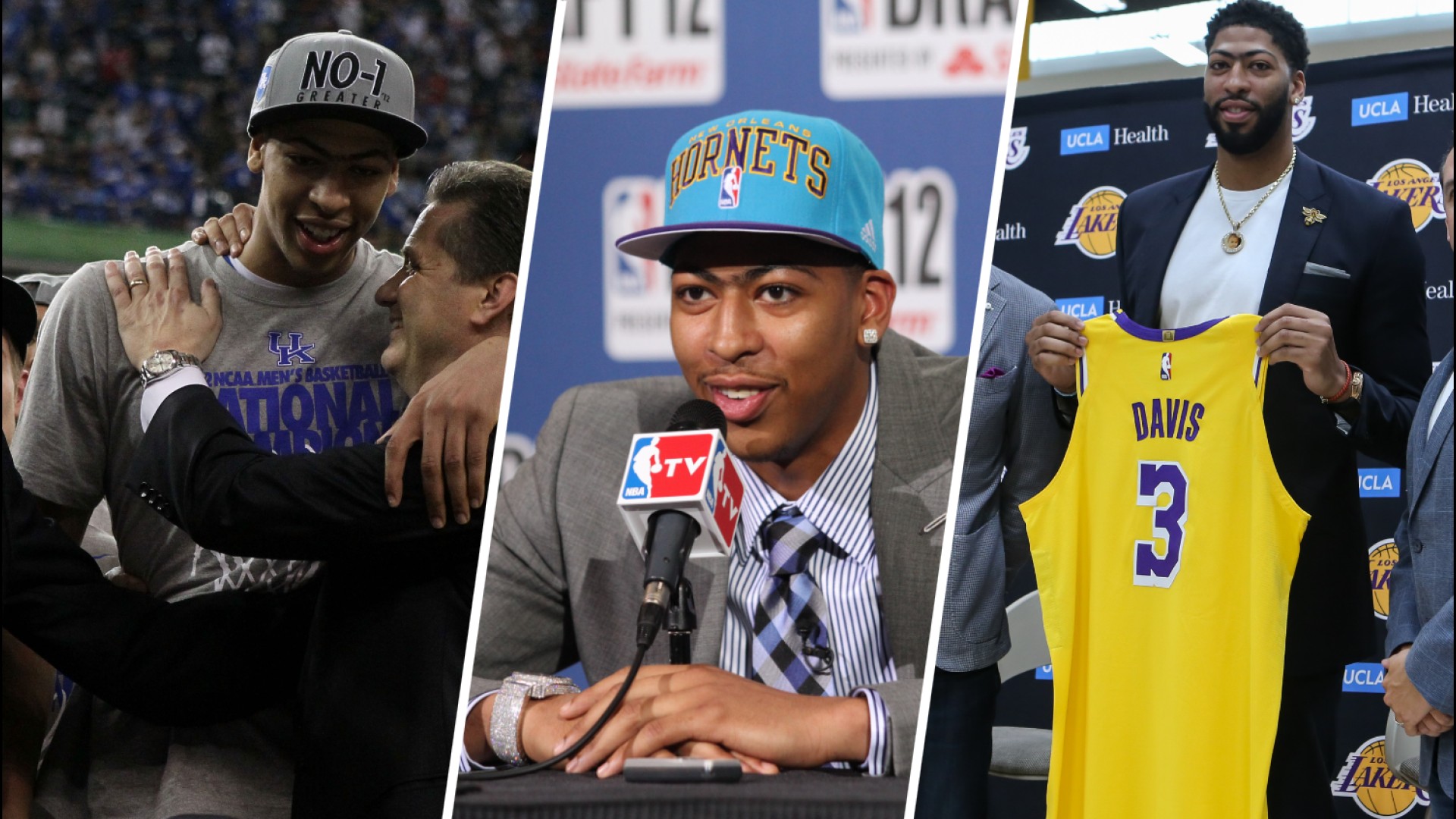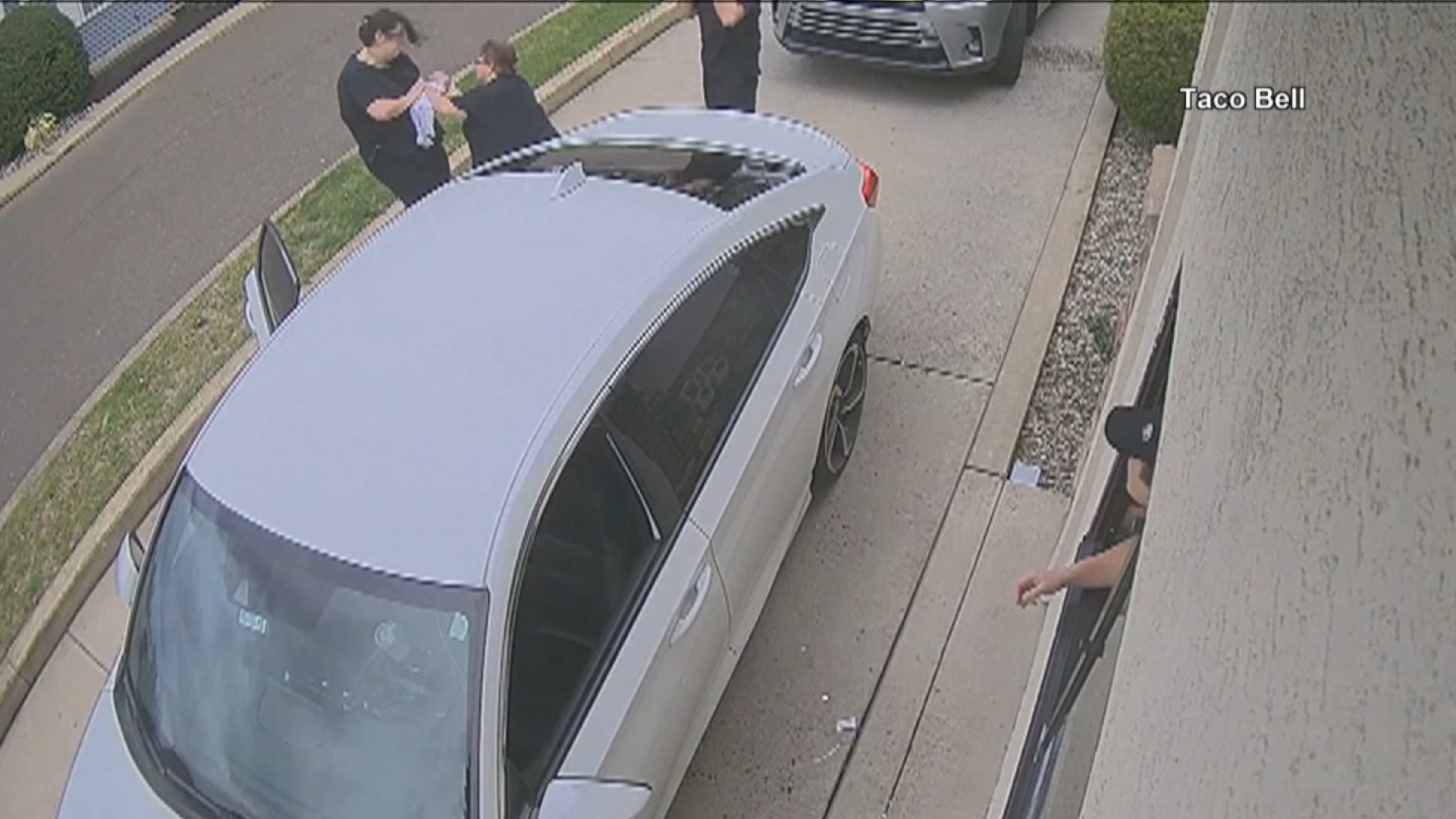
For Melissa Pihos, this was the first Fathers Day since her dad, Eagles great Pete Pihos, passed away. Yet in some ways, she feels closer to him now. Thats because she is staging a documentary film and dance production about his life.
Pihos: A Moving Biography will be performed Tuesday at the Mandell Theater at Drexel University. It is sponsored by the Alzheimers Association and ticket sales will benefit Alzheimers research. The show begins at 7:30 P.M.
Melissa, 38, is the youngest daughter of Pihos, the Hall of Fame end who helped the Eagles win back-to-back NFL championships in 1948 and 49. She thought she knew everything there was to know about her father until she started doing research for the production.
Stay in the game with the latest updates on your beloved Philadelphia sports teams! Sign up here for our All Access Daily newsletter.
I didnt realize the magnitude of player he was, Pihos said. I mean, I knew he was a great player, but when I interviewed his former teammates and men like Mike Ditka and Pat Summerall and heard the way they talked about him, the respect they had for him, it was really powerful. I tried to bring that to the stage.
If there is such a thing as an underrated great player, thats what Pihos was. There are only three men who spent their entire career with the Eagles and made it to the Pro Football Hall of Fame -- halfback Steve Van Buren, center-linebacker Chuck Bednarik and Pihos. Most fans know Van Buren and Bednarik. Pihos? Not so much.
Maybe it was because, unlike Van Buren and Bednarik, Pihos didnt stay in the area after he retired. He lived for a time in Indiana, where he played college football, and then settled in North Carolina. He did not return to Philadelphia very often. As a result, his name was unfamiliar to fans that did not start following the Eagles until the 60s and 70s.
But the 6-1, 215-pound Pihos was an extraordinary player. Consider this: He retired in 1956, more than half a century ago, yet he still ranks fourth in Eagles history for catches (373) and yards (5,619). The only players ahead of him in catches are Harold Carmichael, Pete Retzlaff and Brian Westbrook. In yards, it is Carmichael, Retzlaff and Mike Quick.
News
Pihos is tied with Quick for third place in touchdown catches with 61. Only Carmichael and Tommy McDonald have more. When you consider Pihos played in an era of 12-game regular seasons, his statistics are even more impressive. He led the league in receptions three times. No other Eagle has done it more than once.
But Pihos paid a price for his success. He played nine seasons with the Eagles (1947-55), and for most of it he played the full 60 minutes on offense and defense. He was not only the best receiver in the league, he also was an All-Pro defensive end in 1952. That was a lot of football and a lot of hits.
In his later years, he began showing signs of Alzheimers disease. He would tell a story and repeat it just a few minutes later. He would forget things. He was easily confused. He stopped going to the annual Hall of Fame induction weekend, an event he loved, because he couldnt find his way around.
It was such a sad thing to watch him deteriorate, Melissa said. It reached a point where he literally forgot how to walk. (The doctors) put him in a wheel chair and he forgot how to sit up.
He didnt know where the bathroom was. My mother had to carry him from the bed to the bathroom. It took her an hour to get him from the bed to the car. Finally, the doctor told us he had to go into a nursing room. He didnt like it but we said, Dad, youre sick. You need to be here.
Alzheimers disease finally took Pihos life last August. He was 87. Sad as it is, it is part of the story his daughter tells in Pihos: A Moving Biography. The production combines film and dance and juxtaposes photos and footage of Pihos football career with images of him in later life when his memory was fading away.
The story is particularly timely now with more than 2,000 former players suing the NFL for not warning them of the long-term effect of head injuries. There are studies that link concussions and the onset of Alzheimers which is believed to have led some ex-players to commit suicide.
Pihos, who teaches modern dance at the University of North Carolina-Greensboro, did not produce the play to make a political statement. She points out her father was admitted into the NFLs 88 Plan (named for John Mackey, the Hall of Fame tight end who died of Alzheimers) which paid for his nursing home care. The fund was created specifically for former players suffering from dementia.
The league is doing studies, I believe they are trying to do what they can (for the ex-players), she said. When my dad played, they didnt know much about head injuries. I think he would have played anyway, even if he knew. He loved the game.
I saw an interview with him that was done about 10 years ago. He was talking about the time in which he lived. He was a World War II vet. He went through some of the worst fighting in Europe. He came home and played football for nine years. In the interview, he said, I wouldnt change a thing. I know he means that.
He was a proud man and he lived a rich, full life. We show that in the production, but we also show what the disease did to him. And if it can do it to a powerful man like my father, it can do it to anyone.
E-mail Ray Didinger at viewfromthehall@comcast.net


